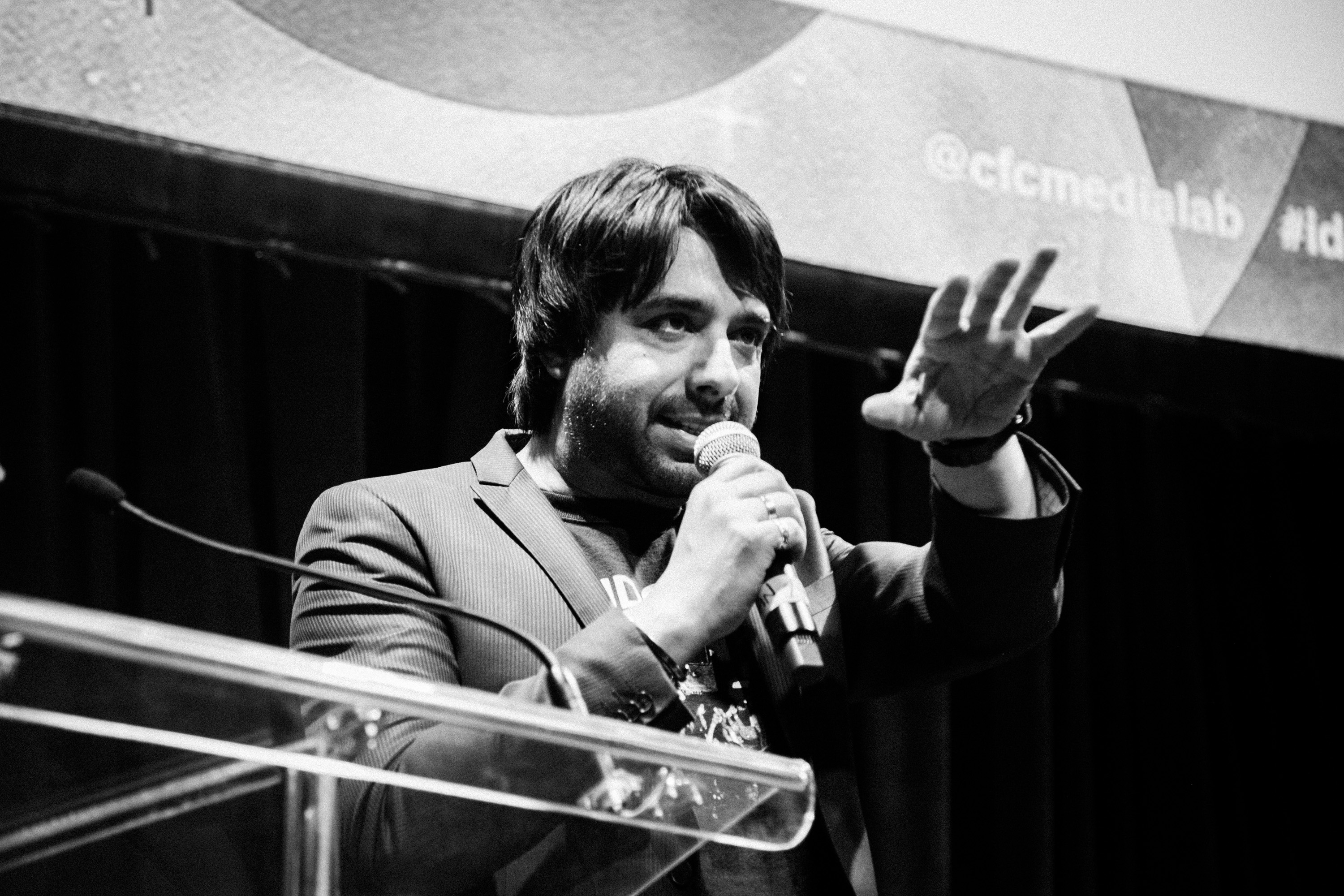Ghomeshi Media Crisis: Peeling Back the Layers of Truth
Layers of truth have defined every crisis I have been involved with during my 15 years in public relations. While it seems obvious that a client would recount their story fully when first meeting with the team they’ve hired to help them, in my experience that has not always been the case. I’ve learned that people often ‘forget’ major details, and it can take a few days or longer for all the information to come out. Indeed, in some cases it never does.
As the story of Jian Ghomeshi and his accusers unfolded last week, and the media and public narrative around him shifted, I asked myself: If Ghomeshi had asked Peak to work with him through this crisis, would we have said yes?
On Monday, the answer was yes. By Thursday, the answer was no.
When Ghomeshi first published his 1,600-word Facebook post last Sunday, some assumed it had been written without assistance from his publicist or the PR firm he had hired to handle his crisis, yet it displayed fundamental principles of crisis communications 101:
- Take control of the message and frame the narrative
- Be credible and human
- Provide media with enough detail to cover the story
His confession was shocking and intimate, and was directly communicated to a huge audience via a social channel that is both personal and viral. In the first 48 hours, tens of thousands expressed their support for him and shared his post, which had soon garnered over 100,000 Likes. His support was palpable and very real. By all accounts it was a PR win.
But, over the course of the week, more women came forward and more accusations of non-consensual, unprovoked sexual violence were laid against him. The stories these women told were shocking, disturbing and offensive. Doubt began to collect around Ghomeshi’s side of the story. People began to question what he didn’t reveal in that candid Facebook post.
By mid-week, Ghomeshi had begun to lose Facebook Likes at a rate of 350 an hour. By the end of the week, he had been dropped by Navigator, his crisis communications firm, and Rock-it Promotions, his longstanding PR firm. He was also dropped by his publisher, two speaking firms and an electro-pop singer whose career he managed through his production company. Perhaps most importantly, Toronto’s Metro police have now opened a sexual assault investigation into the allegations against him.
Public opinion is stacking up against Ghomeshi and has moved to the side of Ghomeshi’s accusers.
Did Ghomeshi reveal everything to Navigator when he first met with them? Instinct and experience lead me to believe he withheld major details. As a PR professional advising clients in a time of crisis, you need your client to be forthcoming with information, accept the consequences of their actions, and work collaboratively with you to manage their brand and public perception. Without equal measures of credibility and accountability—and without co-operation—planning and implementing a successful crisis commuications strategy becomes almost impossible. Without these elements, I would never want to support a client through a crisis.
At the end of the day, it is up to the client to decide if they want to move forward with the agreed-upon communications strategy. But PR consultants also have the option of saying no, and at Peak we have said no to potential clients in the past. Ghomeshi, had he sought our expertise, would have been another. By the end of last week, it was clear Navigator and Rock-it Promotions felt something similar.
We shall see how Ghomeshi manages public perception and his brand in the weeks and months going forward. For now, though, as Ghomeshi’s layers of truth begin to curl and peel away, we will wait to see what week two of the crisis brings.


